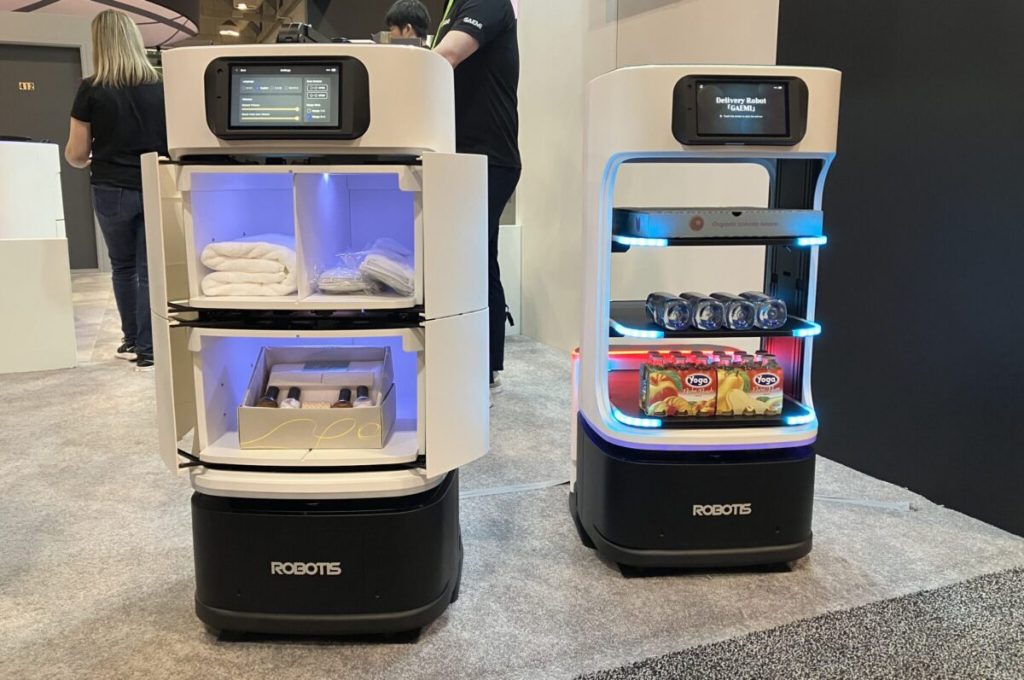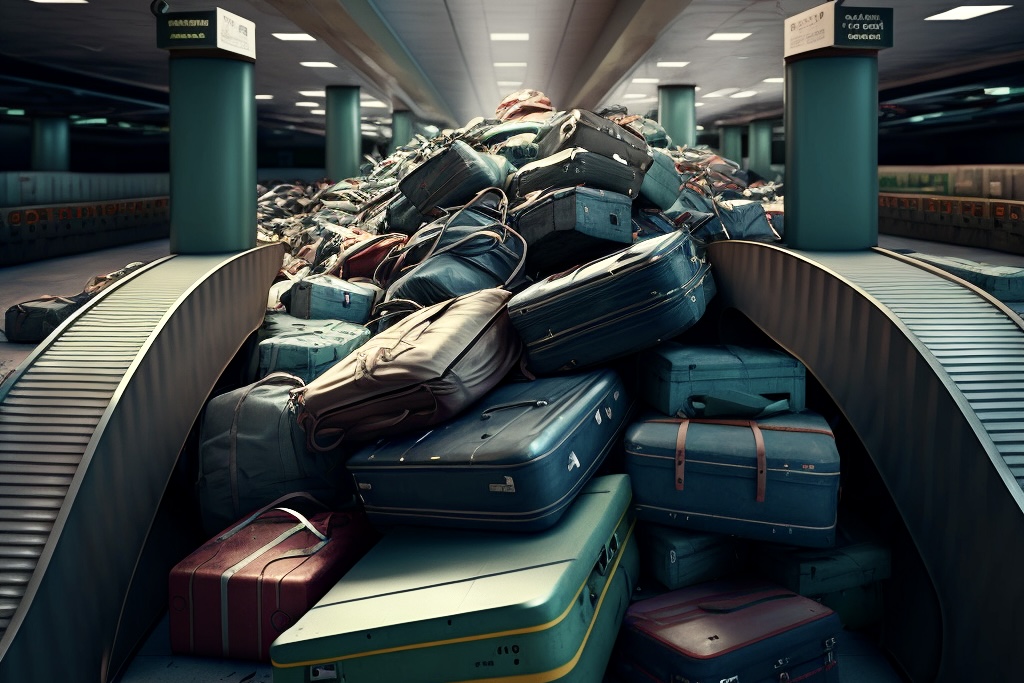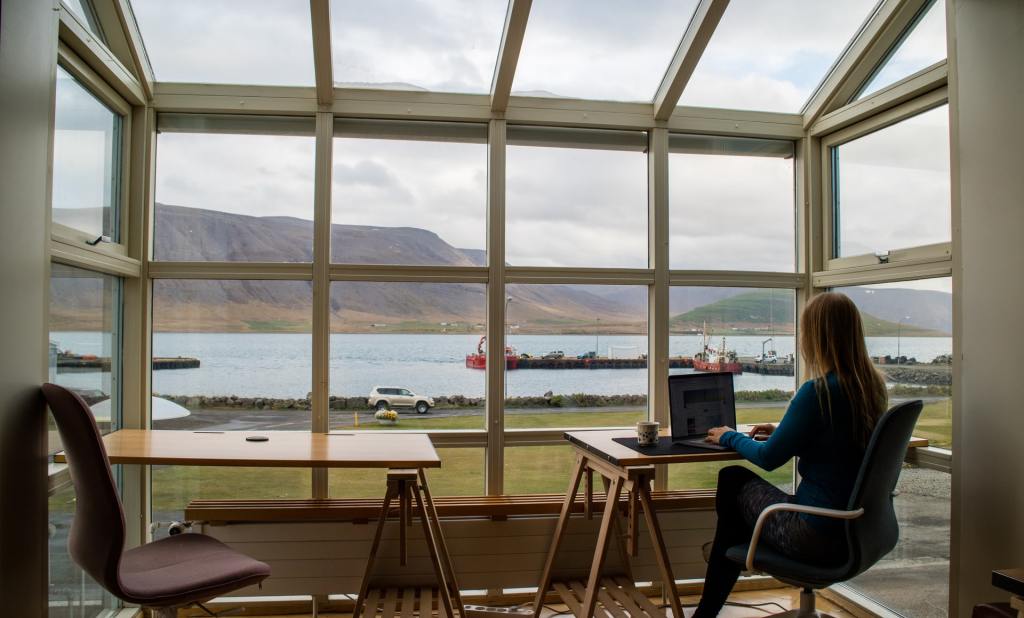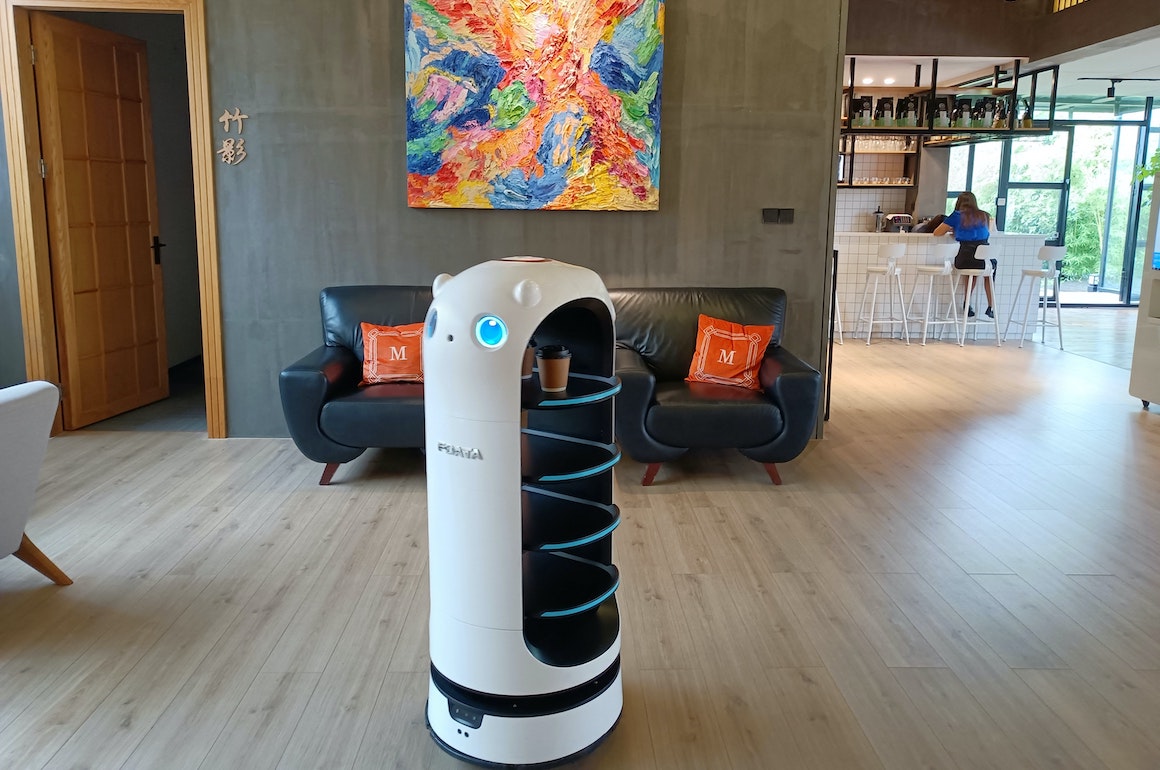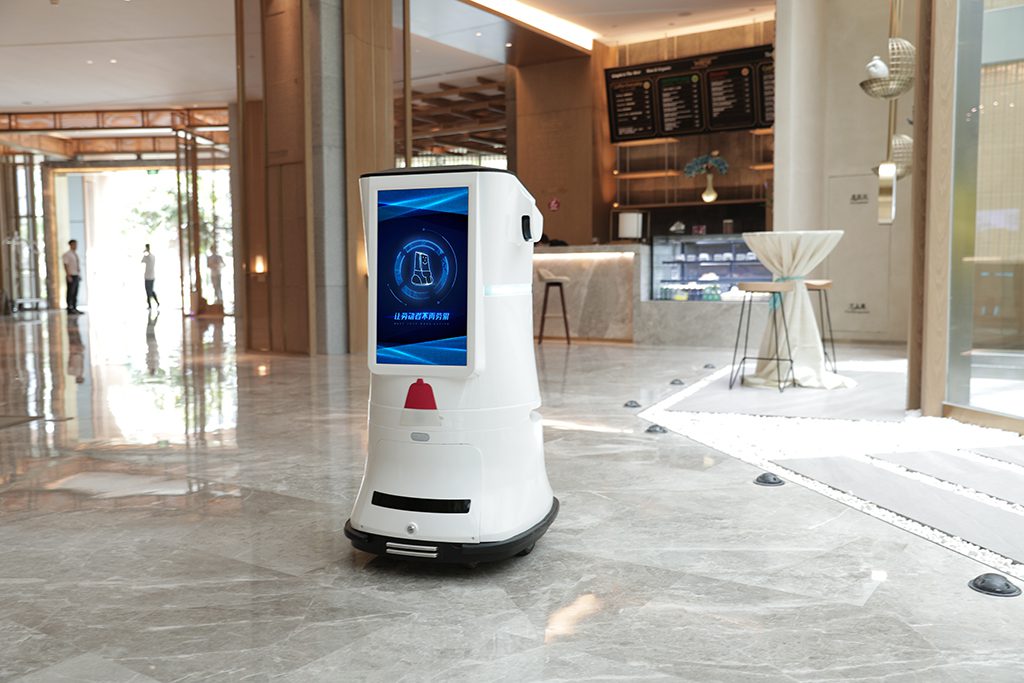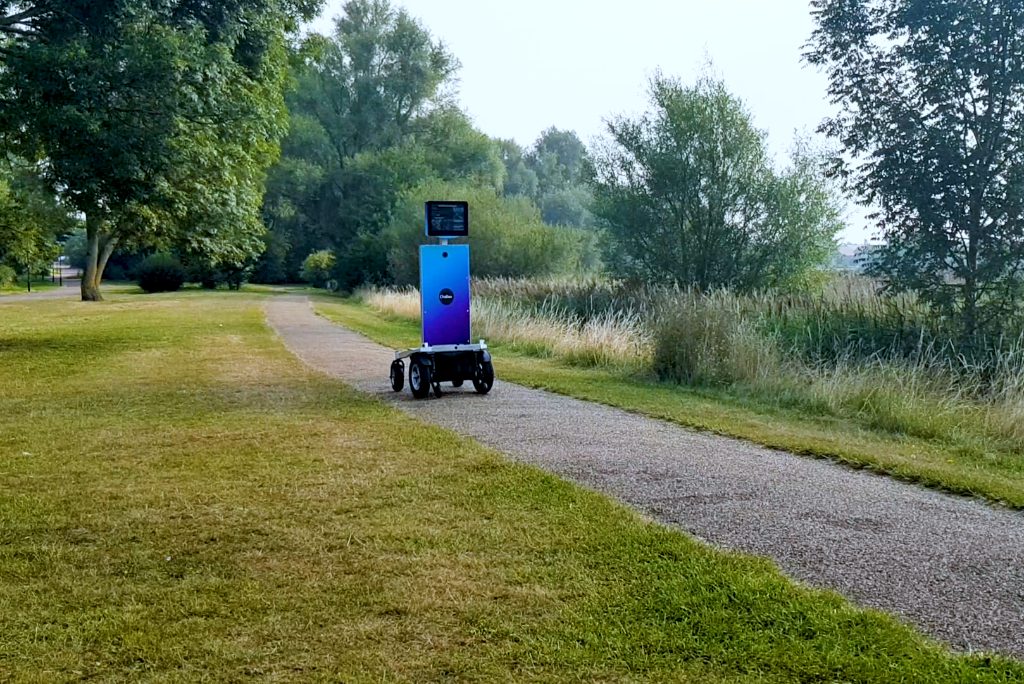AI in Hotels: New Search Tools, Call Centers – and Why Robots Aren’t in the U.S.
Nobody will say how much money any of this is making or saving. "Experiments," they call it. "Early days." But many of the AI examples remain quite promising.


